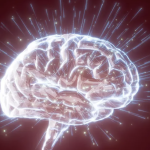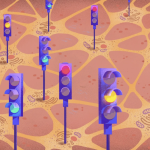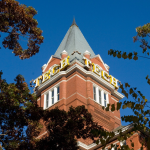In the Press
Neuroscience News
Featured: Munmun De Choudhury, Professor, School of Interactive Computing.…
IEEE Spectrum
Featured: Christopher Rozell, Professor, School of Electrical and Computer Engineering
TheScientist
Featured: Christopher Rozell, Professor, School of Electrical and Computer Engineering
npj artifical intelligence
Featured: Munmun De Choudhury, Professor, College of Computing
Quanta Magazine
Featured: Annabelle Singer, Professor, Biomedical Engineering.
Fox 5
Featured: Annabelle Singer, Professor, Biomedical Engineering.
CNBC
Featured: Munmun De Choudhury, Professor, School of Interactive Computing.…
The Conversation
Featured: Bilal Haider, Associate Professor, Wallace H. Coulter Department of Biomedical Engineering.
The New York Times
Featured: Chethan Pandarinath, associate professor, Wallace H. Coulter Department of Biomedical Engineering.
Pagination
News Listings
Three Georgia Tech researchers have received a $3.2 million Research Project Grant (R01) from the…
Scientists team up to better understand how certain types of air pollution increase the risk of…
Dual publications highlight advances in multilegged robot motion
Jun Ueda receives NSF grant to research a critical gap in networked robotic systems
Researchers rely on feedback from blind and visually impaired (BVI) communities to create service…
Grants include projects on improving seating surfaces for wheelchair users, easing the transition…
Inaugural Cohort of Georgia Tech’s Research Leadership Academy Announced
Christopher Rozell to lead Georgia Tech’s new Institute for Neuroscience, Neurotechnology, and…
Professor Chris Rozell’s AI model, featured in IEEE Spectrum, predicts depression relapse weeks in…
By uniting experts across disciplines, Georgia Tech is positioning itself at the forefront of…




















